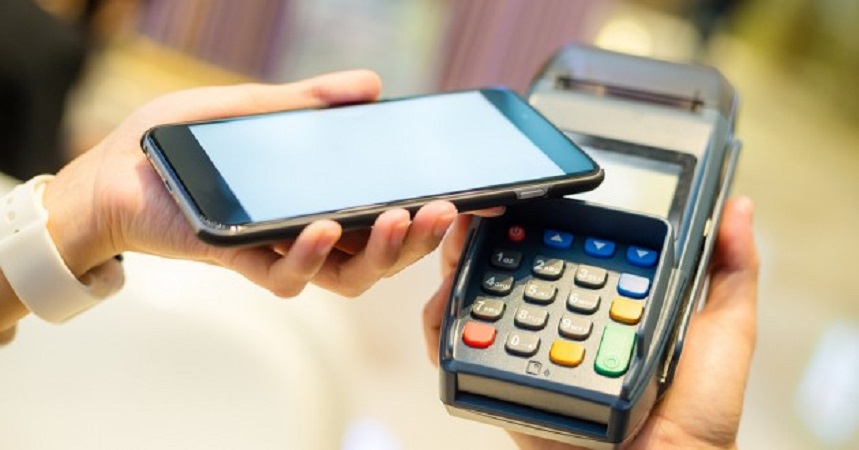LFigures at the end of 2022 show that there are 22 M-Wallet offers available, including 14 issued by payment institutions. Based on monthly declarations received from banking institutions and payment institutions, the number of transactions made by M-Wallets during 2022 was 7.9 million compared to 4.9 million transactions recorded in 2021 (i.e. +62%) for a total of 1.7 billions of DH. compared to 1.1 billion dirhams in 2021 (ie +54%). In this case, the number of open payment accounts reached 6.9 million, which is an increase of 26% compared to the previous year. However, only 696,000 of these accounts are considered active.
However, Morocco remains far behind other countries when it comes to mobile payment adoption. Although it was presented as the main pillar of the National Financial Inclusion Strategy, the results are not up to par and far from expectations. And this despite a favorable environment characterized by a high level of mobile penetration and Internet access.
This timid start is explained by two main factors: an insufficiently developed acceptance network and a relatively low number of traders. Although the number of accounts opened by accepting merchants increased by 21%, with more than 49,000 registered by the end of 2022, this share remains stable at 1%, underscoring the ongoing challenges in merchant registration. However, several measures have been taken to support the spread of mobile payments. In addition to financial education and awareness, commission has been significantly reduced as requested by traders.
Likewise, “many programs and guides have been developed to explain in detail how this model works in practice,” Hakima El Alami, deputy director responsible for monitoring payment systems and funds, told us recently. financial inclusion Bank Al -Maghrib. According to her, “mobilization must continue” and “we must attack merchants in suburban and rural areas to encourage them to equip themselves by explaining the benefits of electronic payments.” Same story with Hazim Sebbata, president of the Professional Association of Payment Companies (APEP), for whom it is “difficult to get merchants to accept these means of payment”. And he added that “to fix this, we need to provide financial education at scale. In this case, the state, experts and DGI are making efforts in this direction. We all have to pick up the pace to get there.”
Clearly, the limited adoption of mobile payments is undermining Morocco’s financial inclusion strategy. Widespread use of this technology could indeed expand access to financial services for a larger portion of the population, especially the unbanked. The priority lever for activation is therefore massive support from merchants, who remain key to the success of this innovative technology.
n = f.fbq = function () { n.callMethod ? n.callMethod.apply(n, arguments) : n.queue.push(arguments) }; if (! f._fbq) f._fbq = n;
n.push = n; n.loaded = !0; n.version = '2.0'; n.queue = (); t = b.createElement(e); t.async = !0; t.src = v; s = b.getElementsByTagName(e)(0); s.parentNode.insertBefore(t, s) }(window, document, 'script', 'https://connect.facebook.net/en_US/fbevents.js'); fbq('init', '374460373237501'); fbq('track', 'PageView');

